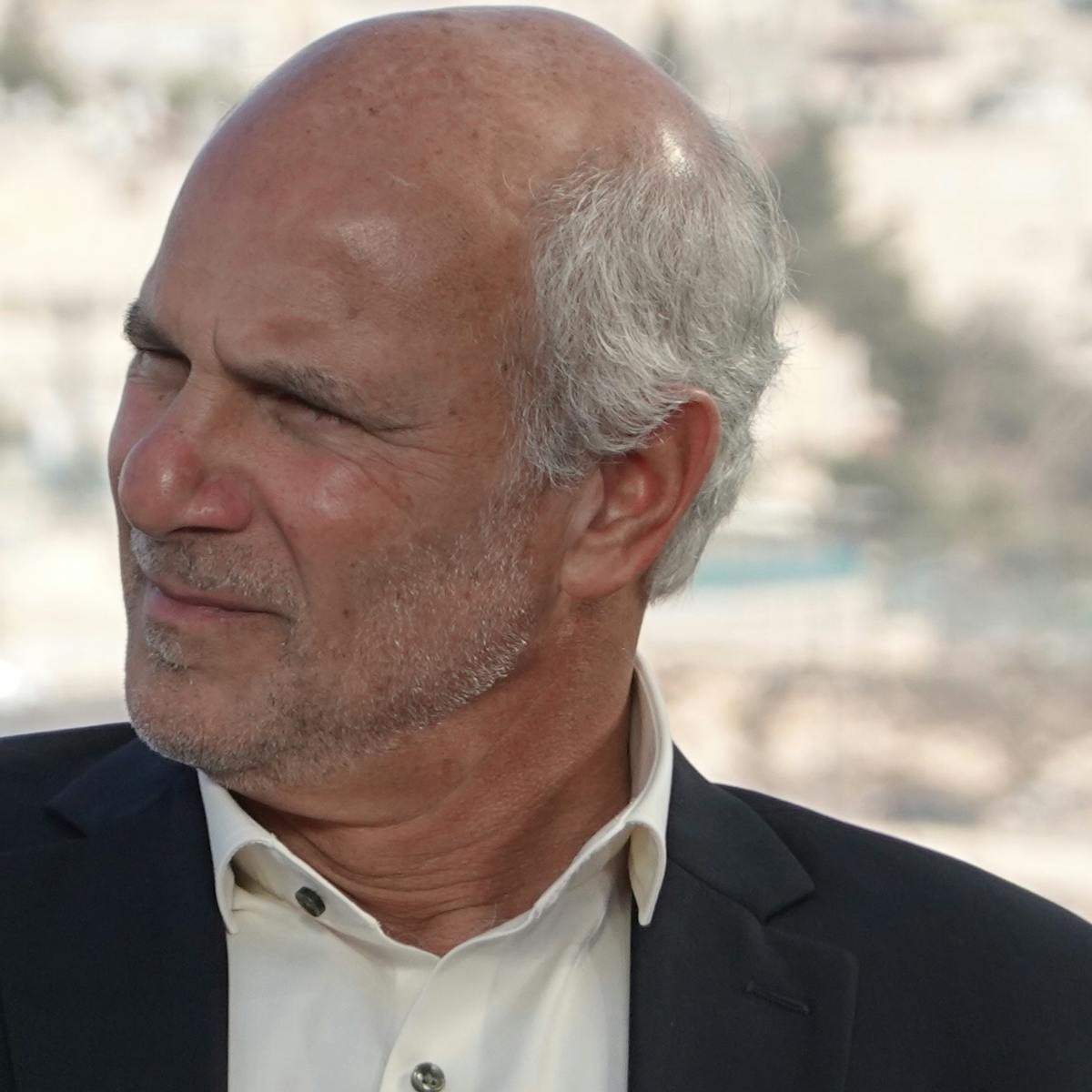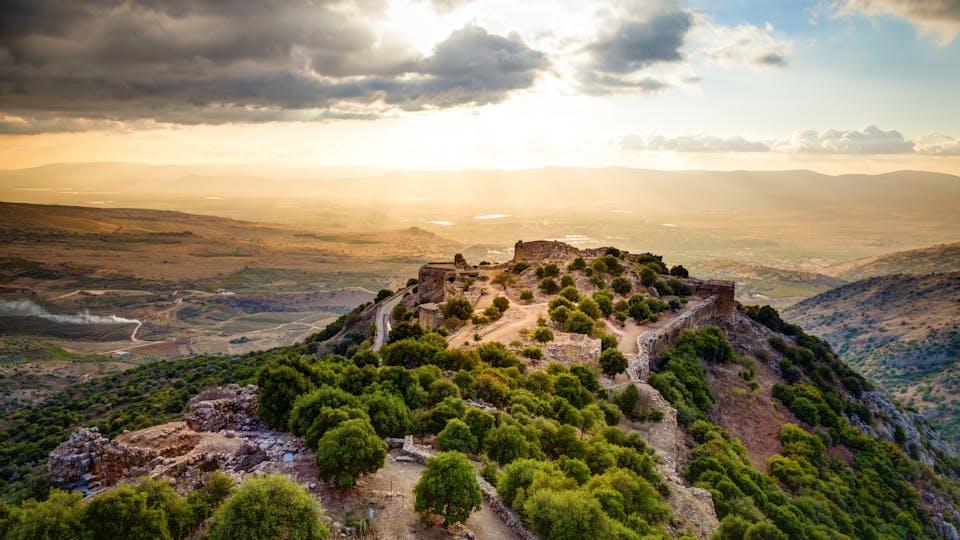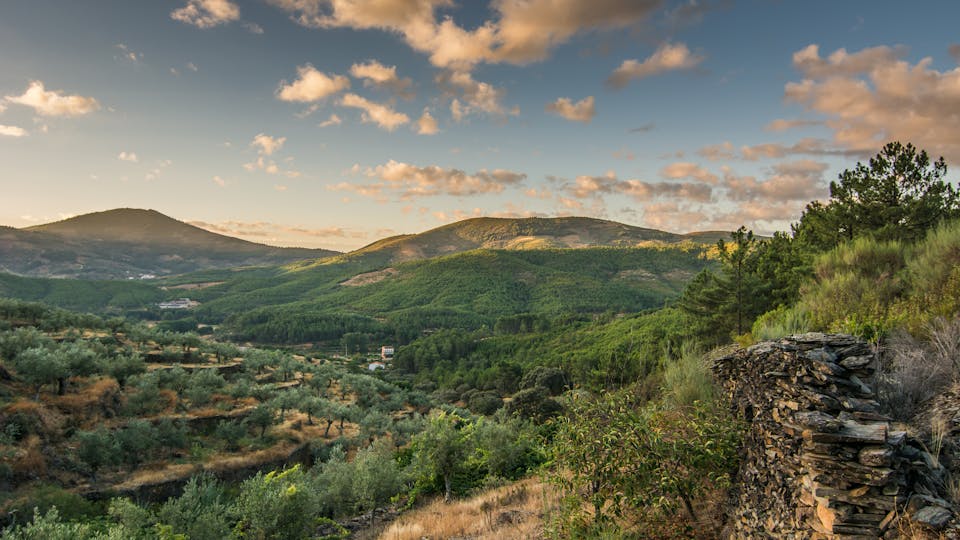God's Perspective on the Glorious Land: The Biblical Significance of Israel

The historic invasion of Judea by Antiochus Epiphanes, the Macedonian Seleucid Emperor, is a significant event in biblical history. In describing this event, the prophet Daniel used a unique term, stating, “He shall… enter the Glorious Land…” (Daniel 11:41). This phrase, “ERETS HAZVI” (אֶרֶץ הַצְּבִי) in Hebrew, appears nearly 30 times in the Bible.
It can mean "The land of the ornament" or "The land of the gazelle," signifying the beauty and splendor of the Land of Israel. From God’s perspective on the Land of Israel, it is indeed “glorious.”
But what else can we learn from the Bible about God’s sentiment for the Land of Israel?
The Land of Humility

The very first time the Land of Israel appears in the biblical record by name is in Genesis 11:31, where it describes Abraham’s journey to the “Land of Canaan.” The name Canaan in Hebrew is derived from the root verb “CANA” (כָּנַע), which speaks of bending the knee in humility and submission.
Therefore, we find that the Land God promised to Abraham and his descendants would primarily be a place of humility and surrender to the Almighty. From God’s perspective on the Land of Israel, it is a place where His rule, favor, and blessing are the only way forward.
A Bountiful Land

As Moses prepared Israel to enter and possess the Promised Land, he told the young nation that “the LORD your God is bringing you into a good land, a land of brooks of water, of fountains and springs, that flow out of valleys and hills; a land of wheat and barley, of vines and fig trees and pomegranates, a land of olive oil and honey; a land… in which you will lack nothing…” (Deuteronomy 8:7-9).
God’s perspective on the Land of Israel is that it is a land of plenty—a land with abundant water, vegetation, food, and resources. Although the land of Israel today is still undergoing restoration after thousands of years of neglect, reproach, and ecological abuse, our hope and expectation remain for the fullness of God’s blessing and grace to return.
A Personal Matter
When Ezekiel spoke about God’s plan to draw Gog and Magog into the final epic conflict on the mountains of Israel, God said to Gog, “… It will be in the latter days that I will bring you against My LAND, so that the nations may know Me, when I am hallowed in you, O Gog, before their eyes” (Ezekiel 38:16). As the Lord sets the stage for this miraculous victory, we find that He uses the personal term “MY LAND” or “ARTSI” (אַרְצִי) in Hebrew.
In other words, this is not just a theological exercise for the Lord; it is very personal. God’s perspective on the Land of Israel is not something He apologizes for; it is deeply personal. He openly calls it “MY LAND,” making the conflict surrounding it a very personal matter for Him. Biblically, the Land of Israel does not belong to any one people group; rather, it belongs to God. He defined its boundaries and gave it to the sons of Israel as a homeland in a covenant promise, just as He allotted other territories to other nations.
This particular Land of Israel was to become the focal point where God planned to reveal Himself to humankind. Here, His Temples stood, His prophets spoke, His Messiah walked among us, His salvation was perfected, and His throne will stand during the coming Kingdom Age. God is the creator and possessor of the whole earth, yet He has chosen this Land of Israel for a very special and specific purpose.
We hope that you are making plans to join us here in Israel to taste and see that the Lord is good.
With blessings from Jerusalem,
Your SAR-EL TOURS team